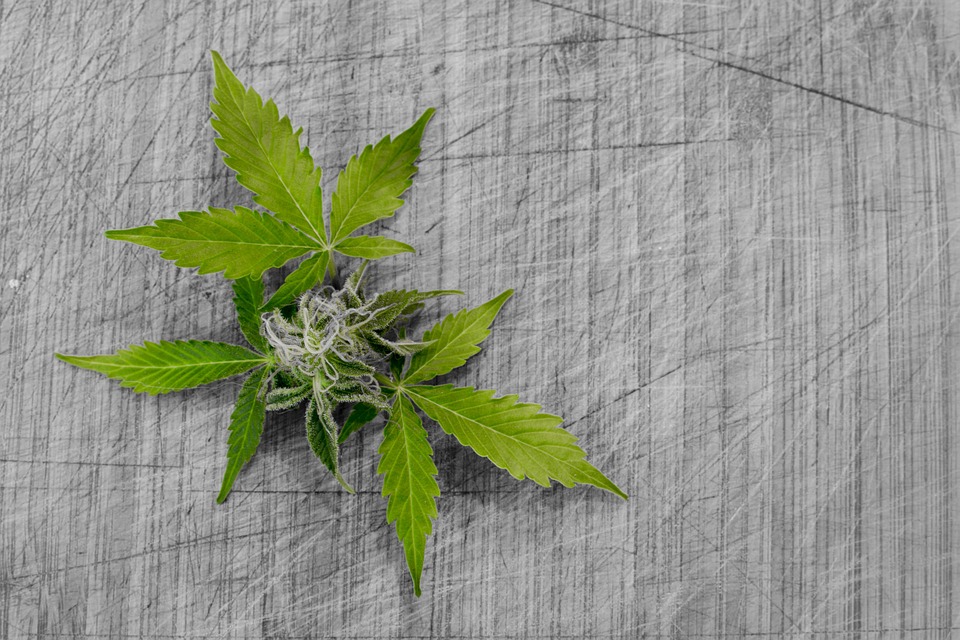Feed Your Body and Soul with Edible Gardening: Discover the Joy of Growing Your Own Food
Introduction
Edible gardening is not only a rewarding hobby but also a sustainable and healthier way to feed your body and nourish your soul. Growing your own food allows you to have control over the quality and freshness of the produce you consume. Whether you have a spacious backyard or a small balcony, you can embark on this fulfilling journey of gardening. Let’s explore the benefits and joys of edible gardening.
The Health Benefits
Gardening offers numerous health benefits, both physically and mentally. Here are some of the ways it can improve your well-being:
– Increased Physical Activity: Gardening involves various physical movements, such as digging, planting, and watering, which contribute to a more active lifestyle.
– Nutrient-Rich Food: Growing your own vegetables, fruits, and herbs ensures access to fresh, nutritious produce free from harmful chemicals and pesticides.
– Stress Reduction: Spending time in nature, engaging with plants, and observing their growth can reduce stress levels and promote relaxation.
– Mental Well-being: Gardening can have a positive impact on mental health, alleviating symptoms of depression and anxiety.
The Environmental Benefits
Edible gardening is an eco-friendly practice that contributes to a healthier environment. Here’s how:
– Reduced Carbon Footprint: By growing your own food, you reduce the need for transportation, packaging, and refrigeration, thus lowering your impact on the environment.
– Conservation of Resources: Edible gardening encourages sustainable practices such as composting, rainwater harvesting, and companion planting, promoting responsible resource management.
– Biodiversity Enhancement: Creating a mini-ecosystem in your garden supports diverse plant and animal life, helping to maintain the delicate balance of nature.
Getting Started
Here are a few steps to begin your edible gardening journey:
1. Assess Your Space: Determine how much space you have available, whether it’s a backyard, a balcony, or even a windowsill. Be mindful of the amount of sunlight your chosen area receives.
2. Plan Your Garden: Decide what types of plants you want to grow based on your preferences, climate, and available space. Consider the time and effort required for maintenance.
3. Prepare the Soil: Ensure your soil is rich in nutrients by adding compost or organic matter. Proper soil preparation is vital for healthy plant growth.
4. Select Your Plants: Choose vegetables, fruits, and herbs that thrive in your region and suit your tastes. Start with easy-to-grow varieties if you’re a beginner.
5. Plant and Care: Follow proper planting techniques, providing adequate water, sunlight, and nutrients to your plants. Regularly weed, prune, and protect from pests as needed.
6. Harvest and Enjoy: Once your plants mature, harvest the fruits of your labor and savor the satisfaction of enjoying fresh, homegrown produce.
FAQs
Q: How much time should I dedicate to gardening each day?
A: The time commitment depends on the size of your garden and the types of plants you choose to grow. Generally, maintaining a small garden may require 15-30 minutes per day for watering, weeding, and general care.
Q: Can I grow vegetables indoors?
A: Yes, you can cultivate a variety of vegetables indoors. Choose plants that can thrive in containers and provide them with sufficient sunlight or grow lights.
Q: How do I deal with common garden pests?
A: Several natural methods can help control pests in your garden, such as companion planting, introducing beneficial insects, using organic insecticides, or implementing physical barriers like netting and fences.
Q: What can I do with excess produce from my garden?
A: If you have surplus produce, consider sharing it with neighbors, friends, or local food banks. Additionally, you can learn food preservation techniques, such as canning, freezing, or drying, to extend the shelf life of your harvest.
Q: Is edible gardening suitable for apartment dwellers?
A: Absolutely! Even with limited space, you can grow herbs, salad greens, and compact vegetables in containers or hanging baskets on your balcony or windowsill.




